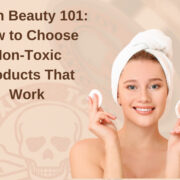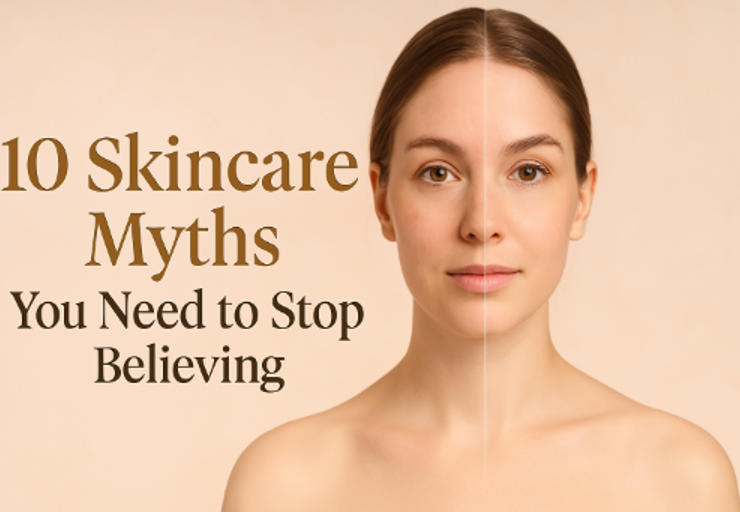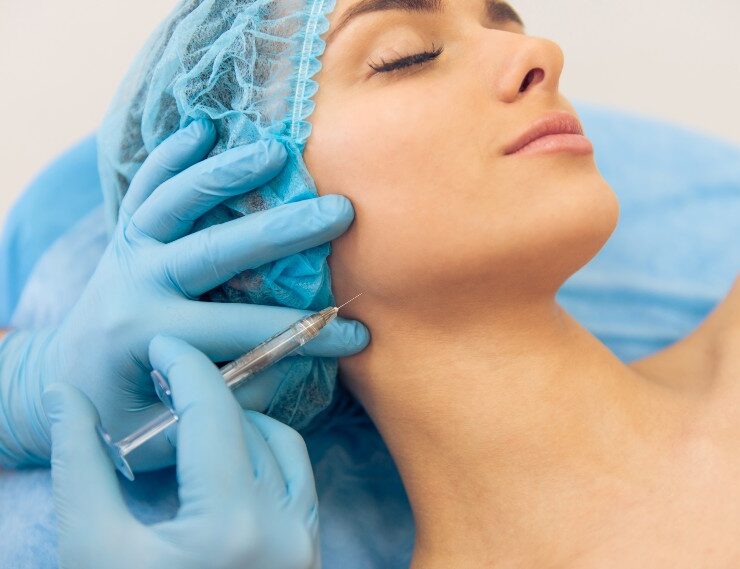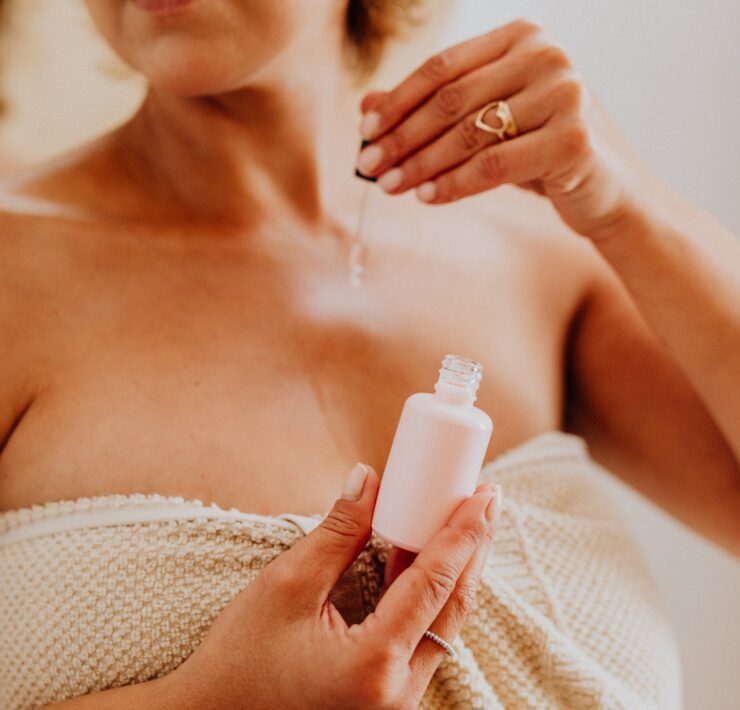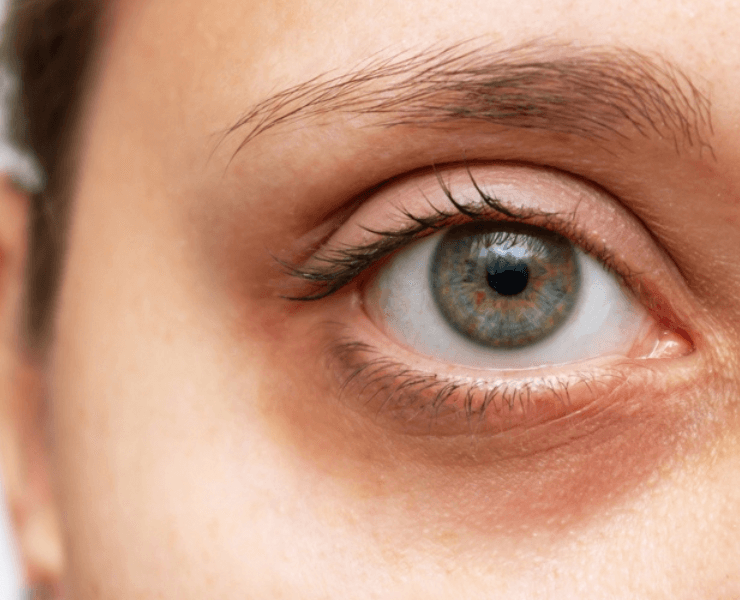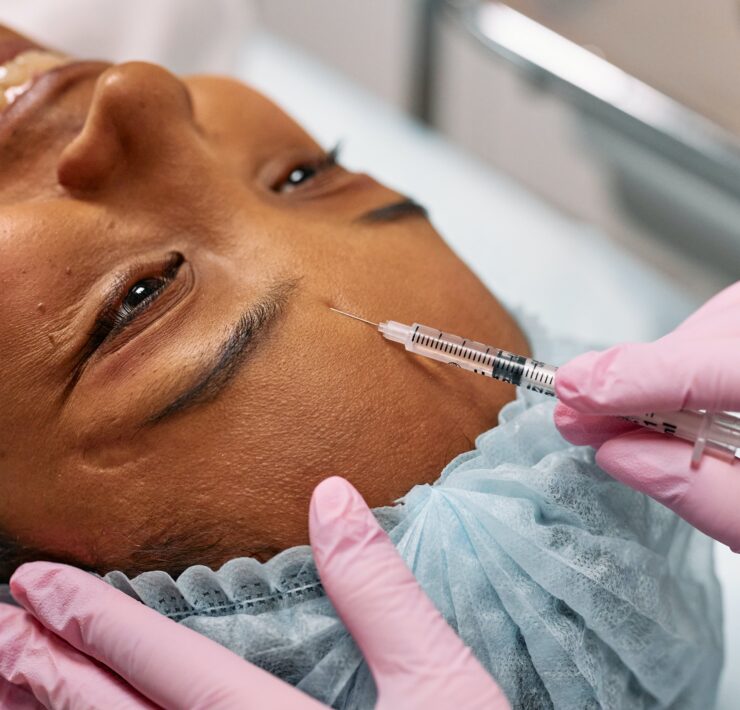The Science Behind Anti-Aging Skincare: What Really Works?
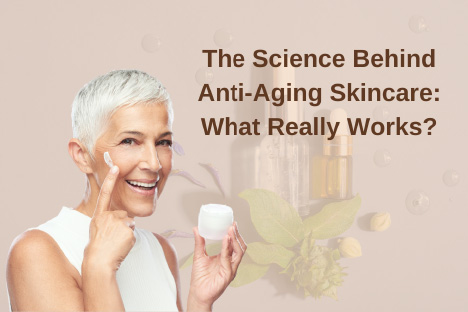
Aging is a natural part of life, but that doesn’t mean we have to accept it without a fight. With a market flooded with creams, serums, and treatments promising youthful skin, it’s easy to feel overwhelmed by all the choices. But which anti-aging skincare products actually work, and why? Let’s dive into the science behind aging skin and the ingredients that can help keep it looking fresh and radiant.
How Does Skin Age?
Before we jump into the solutions, let’s understand why and how our skin ages. Aging skin is a result of both intrinsic and extrinsic factors:
- Intrinsic Aging (Genetics):
As we age, the skin’s ability to regenerate decreases. Collagen and elastin fibers, which give skin structure and elasticity, begin to break down. This results in wrinkles, sagging, and a less youthful appearance. This process is genetic and inevitable, but lifestyle choices can influence how quickly it happens. - Extrinsic Aging (Environmental Factors):
This is primarily caused by environmental factors like UV exposure, pollution, and lifestyle choices (such as smoking and diet). UV rays, for example, break down collagen and elastin, contributing to premature aging.
While we can’t stop time, we can slow down the process by incorporating the right skincare habits and ingredients.
What Works: Key Ingredients Backed by Science
Now let’s explore the ingredients that science supports when it comes to anti-aging skincare.
1. Retinoids (Vitamin A Derivatives)
Retinoids, particularly retinol, are some of the most scientifically proven anti-aging ingredients available. These compounds work by increasing cell turnover, encouraging the skin to shed dead cells and regenerate newer, healthier skin. Retinoids can reduce the appearance of fine lines, wrinkles, and pigmentation.
How it works:
Retinol stimulates collagen production and promotes the turnover of skin cells, which helps smooth out wrinkles and even skin tone.
What to look for:
- Retinol
- Retinoid (stronger prescription versions like tretinoin)
- Retinaldehyde
Tip: Start with a lower concentration and gradually increase usage to avoid irritation.
2. Vitamin C (Ascorbic Acid)
Vitamin C is a potent antioxidant that helps protect the skin from the damaging effects of free radicals—unstable molecules that damage collagen and contribute to premature aging. It also aids in the production of collagen and can brighten skin tone by reducing hyperpigmentation and dark spots.
How it works:
Vitamin C neutralizes free radicals caused by UV exposure and environmental pollution. It also boosts collagen production and improves skin’s elasticity.
What to look for:
- Ascorbic acid (the most effective form of vitamin C)
- Sodium ascorbyl phosphate
Tip: Look for stabilized formulas in dark bottles to prevent oxidation.
3. Hyaluronic Acid
Hyaluronic acid is a natural substance found in the skin, and its primary role is to keep the skin hydrated. As we age, our skin loses its ability to retain moisture, which leads to dry, dull, and sagging skin. Hyaluronic acid can help plump up the skin, making it appear smoother and more youthful.
How it works:
Hyaluronic acid draws moisture to the skin’s surface, improving skin texture and reducing the appearance of fine lines and wrinkles.
What to look for:
- Sodium hyaluronate (a more stable form of hyaluronic acid)
- Hydrolyzed hyaluronic acid
Tip: Apply hyaluronic acid to damp skin for maximum moisture retention.
4. Peptides
Peptides are short chains of amino acids that are the building blocks of proteins like collagen and elastin. As we age, the production of collagen slows down, which leads to wrinkles and sagging. Peptides can help stimulate the production of collagen, which improves the skin’s firmness and elasticity.
How it works:
Peptides work by signaling to the skin to produce more collagen, helping to restore the skin’s youthful appearance and texture.
What to look for:
- Palmitoyl pentapeptide-4
- Copper peptides
Tip: Peptides are great for improving the skin’s texture and elasticity, so look for products that combine peptides with other active ingredients like retinoids or vitamin C.
5. Sunscreen (SPF)
While sunscreen isn’t an anti-aging treatment per se, it’s perhaps the most important step in any anti-aging skincare routine. UV rays are one of the primary contributors to premature skin aging, causing wrinkles, fine lines, and dark spots. Daily sunscreen application can significantly reduce the visible effects of aging and prevent further skin damage.
How it works:
Sunscreen acts as a physical barrier, protecting the skin from harmful UV radiation. Regular use of sunscreen can prevent UV-induced damage and slow down the aging process.
What to look for:
- Broad-spectrum SPF 30 or higher
- Mineral sunscreens with zinc oxide or titanium dioxide
Tip: Apply sunscreen every day, even on cloudy days or when indoors near windows.
Other Tips for Anti-Aging Skincare
In addition to using effective ingredients, lifestyle factors play a huge role in maintaining youthful skin:
- Stay hydrated: Drinking plenty of water keeps your skin moisturized from the inside out.
- Get enough sleep: Skin repairs itself while you sleep, so getting 7-9 hours of rest is crucial.
- Eat a balanced diet: Nutrient-rich foods with antioxidants can support healthy skin.
- Don’t smoke: Smoking accelerates the aging process by reducing blood flow to the skin.
- Exercise regularly: Physical activity increases circulation and promotes a youthful glow.
Final Thoughts: What Really Works in Anti-Aging Skincare?
While no product can completely reverse the natural aging process, incorporating the right ingredients into your skincare routine can help minimize the visible signs of aging. Retinoids, vitamin C, hyaluronic acid, peptides, and sunscreen are all backed by science and can significantly improve the appearance and health of your skin over time.
Your Challenge:
If you haven’t already, try incorporating one of these scientifically-backed ingredients into your routine for the next 30 days. Pay attention to the changes in your skin and how it responds. Consistency is key when it comes to skincare!

